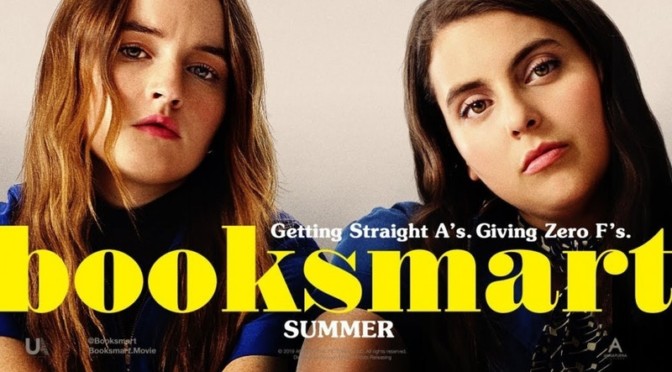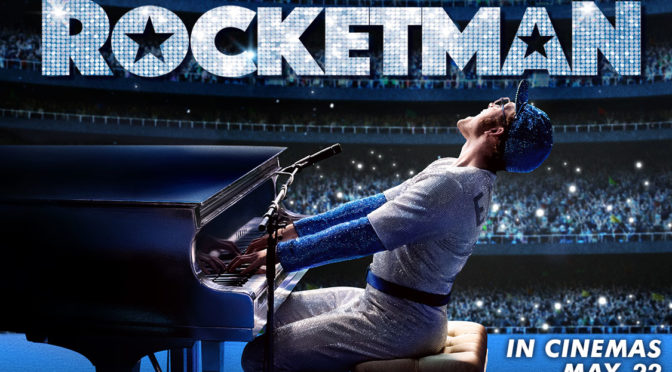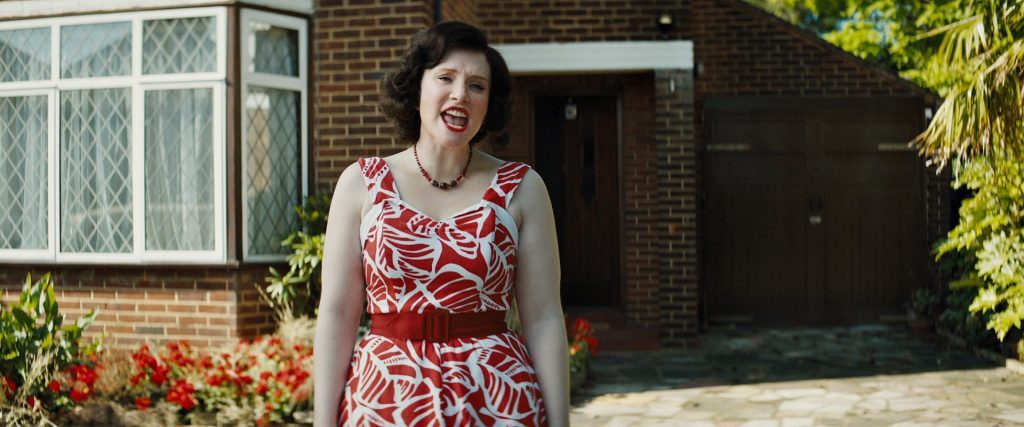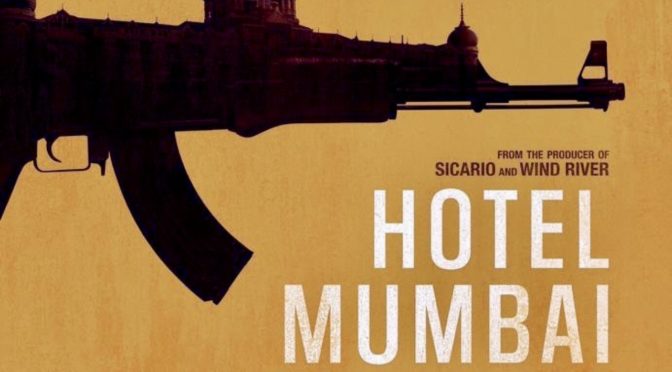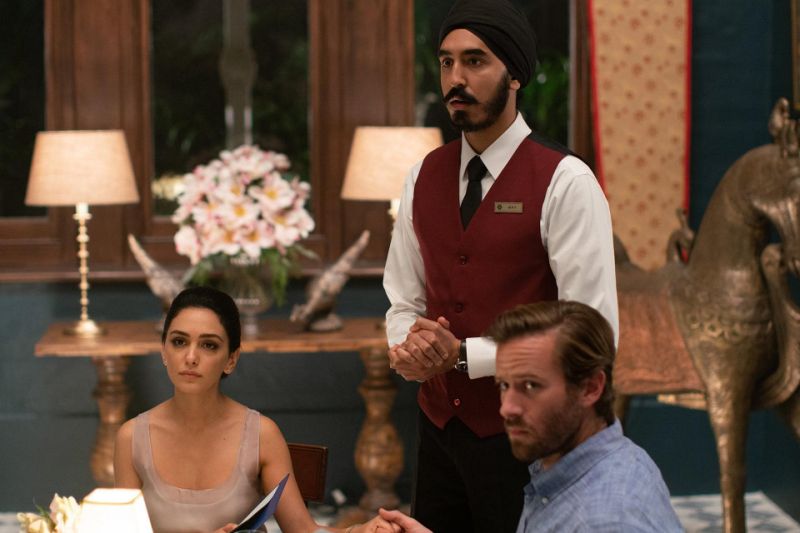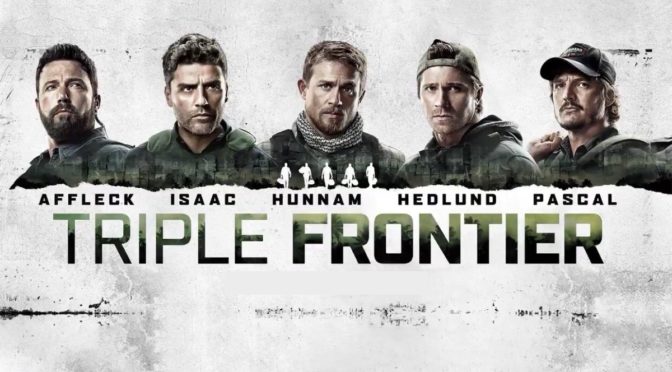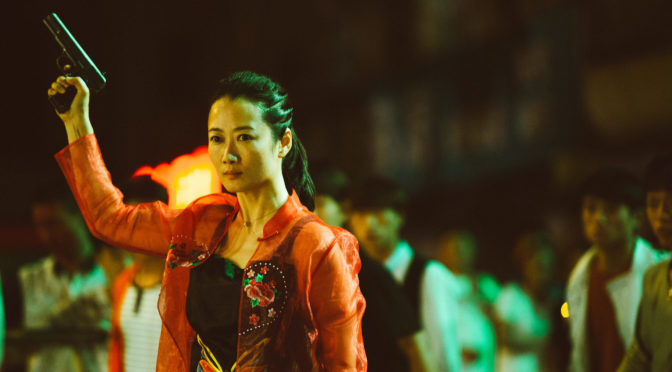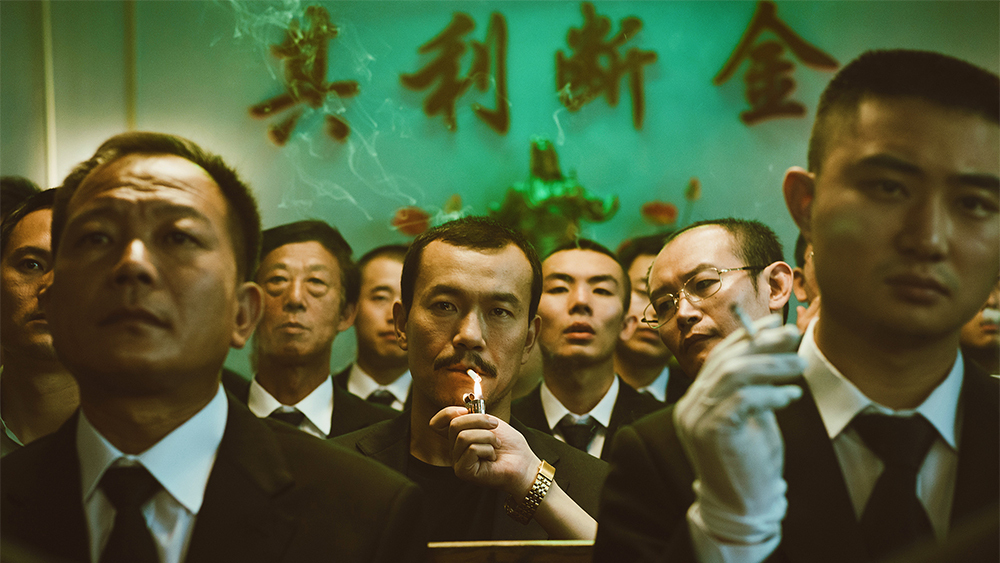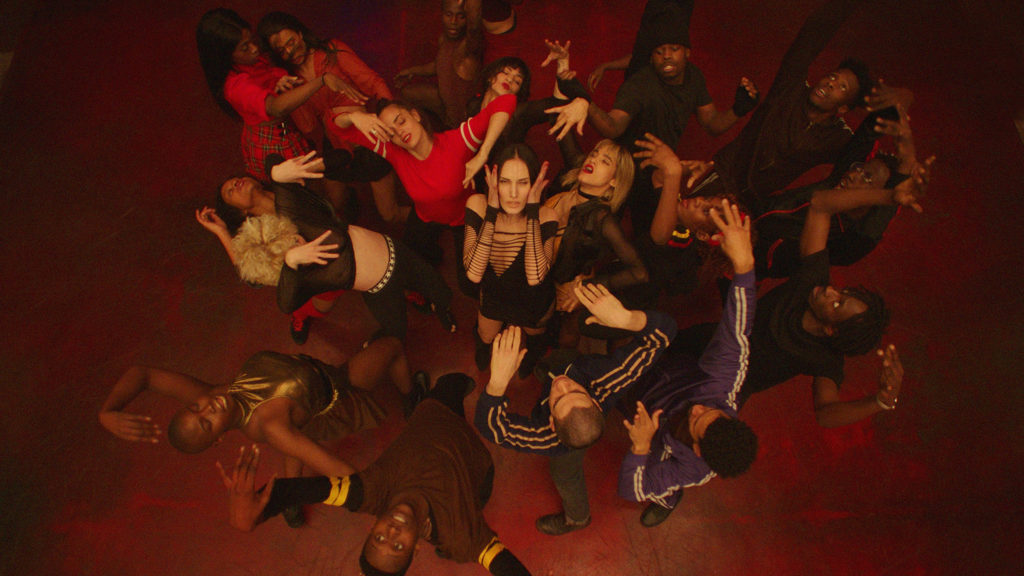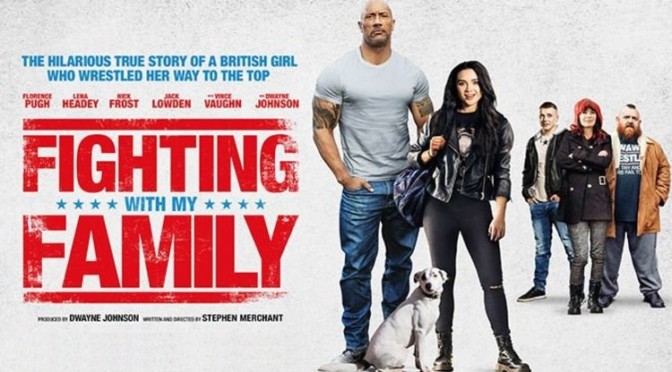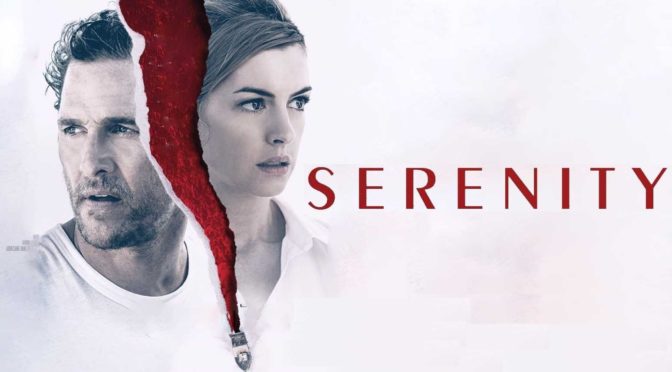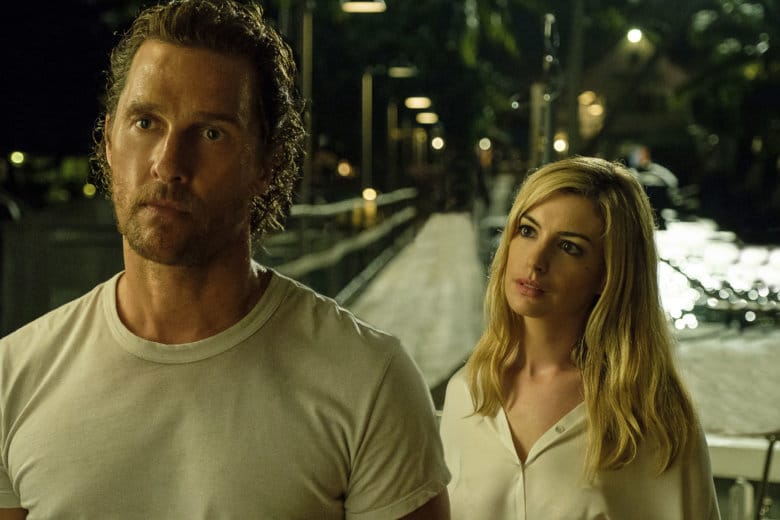Some people live by the motto “Work hard, play hard”, others just work hard. Amy (Kaitlyn Dever; Short Term 12) and Molly (Beanie Feldstein; Neighbors 2: Sorority Rising) are in the latter group. The two girls spent their time in high school ignoring their social lives in order to get the stellar grades and extracurricular activities needed to get admission into a good college. They’re perfectly fine with their choices until Molly realizes that the popular kids she has looked down on also got into great schools which, causing a mini-meltdown. Not wanting to have gone through high school without ever breaking any rules, the two young women decide they are going to crash a graduation party on their last night of school.
Booksmart has been labeled by some as “the female Superbad”, but that comparison sells the film short. It does feature two best friends trying to go to a party at the end of their high school career, but where Superbad frequently relied on crass humor, Booksmart uses its deep bench of entertaining characters. That’s not to say the film doesn’t have its fair share of vulgarity, it certainly does, but rather it has more cards in its deck to use.
The film is carried by the exceptional chemistry of its leads. Amy and Molly have the natural back-and-forth of friends that have been inseparable for years. The way they finish each other’s sentences and have routines they play through, like giving each other effusive praise on their outfits, overflows with the effortless comfort of best friends.

Like any story that takes place in a high school, Booksmart deals with familiar tropes. There are jocks, popular kids, theater kids, and more, but the members of each clique are done with hilarious heart. The supporting cast is uniformly amazing with a rotating ensemble of high schoolers that make their way in and out of the movie. They never feel like characters that exist only to deliver a single line. The way they come in and out of the girls path feels organic, like they are living their own story just off screen. Special standouts are Gigi (Billie Lourd; Star Wars: The Last Jedi), an unhinged young woman who seems to pop up everywhere, and the overly dramatic theater kids that deliver every line with the flamboyant affect of a self-proclaimed thespian.
In her first outing as director, Olivia Wilde turns in strong work. Each of the film’s settings, from the school to the multiple parties, is authentically chaotic like any room filled with rambunctious teens would be. She controls the chaos onscreen and provides impressive visuals given the simple locations. Her greatest asset is her mastery of comedic timing. She knows when to cross-cut between conflicting scenes to contrast the insanity of a party and when to engage in the many extended takes to emphasize escalating action. This leads to a film that is consistently funny. Booksmart is one of the few films that can boast that every character with spoken dialogue will make you laugh, often several times. Wilde’s skill at directing comedy and the genuine affection of the central friendship make Booksmart an hilarious coming-of-age story.

4/5 stars.
